https://ift.tt/2Ml9ndM - youtube channel Forget The Jedi, It's Time For Star Wars Movies To End (For Now) https://ift.tt/2PfGFZC August 29, 2018 at 06:08AM 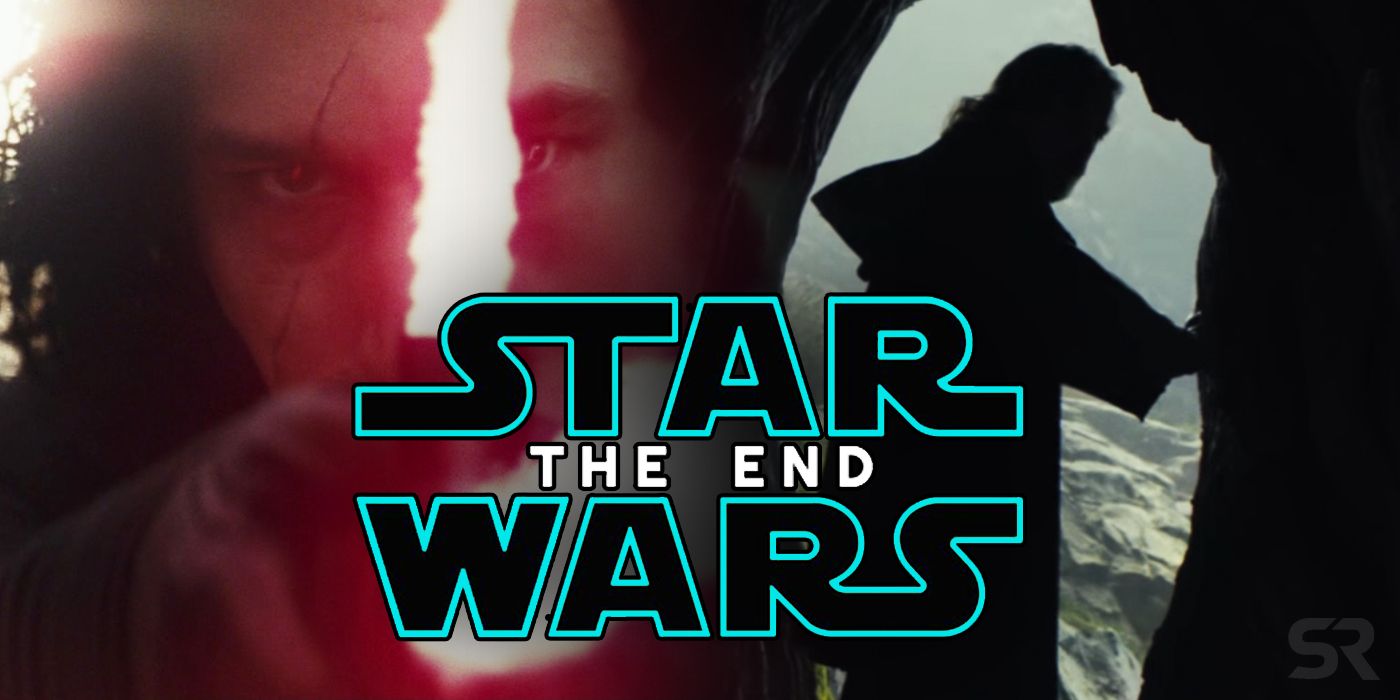
Forget the Jedi: it's time for Star Wars to end. At least, when it comes to the movies, the series needs a break after Star Wars 9 for the benefit of both Lucasfilm and its increasingly fractured fandom.
It's an odd quirk of Star Wars that for all the use of grand plans and endings in marketing, it returns quicker than a Jedi Force ghost. After the series first concluded with Return of the Jedi in 1983, it was immediately extended by Ewok TV movies, animated series and role-playing games. From there, the Expanded Universe exploded, George Lucas rereleased the original trilogy, and in 1999 started the prequel trilogy. And while Episodes I-III burnt many classic fans, Star Wars never really went away after the prequels either, with video games, TV shows and the continuing comics and novel push only ramping up. In truth, the only time Star Wars actually "went away" was the five-year period between 1986 and 1991. When Leia consoled Rey following Luke's death in Star Wars: The Last Jedi by saying, "No one's ever really gone", she may as well have been rolling her eyes at the franchise.
Related: All Upcoming Star Wars Movies
All that said, while Star Wars clung on after Revenge of the Sith, it was Disney that brought it back to the mainstream and pushed into a new era. Their purchase of Lucasfilm in 2012 for $4.05 billion was originally met with skepticism, but they really did reinvigorate the series, engaging old fans of multiple generations and bringing in a whole new audience. The release of Star Wars: The Force Awakens was an event bigger than a single movie, setting the stage for grander things to come. However, almost six years on from the purchase and four movies deep into the ensuing series, the picture's a bit different. With the series suffering its first box office bomb with Solo: A Star Wars Story and the discourse exhausting from all sides, maybe it's time for Star Wars to do something totally unexpected and actually take a break.
- This Page: Why A Star Wars Movie Hiatus Is Good For The Franchise
- Page 2: Why A Star Wars Movie Hiatus Is Good For The Fandom
Star Wars 9's Ending Will Mean More If It's An Actual End
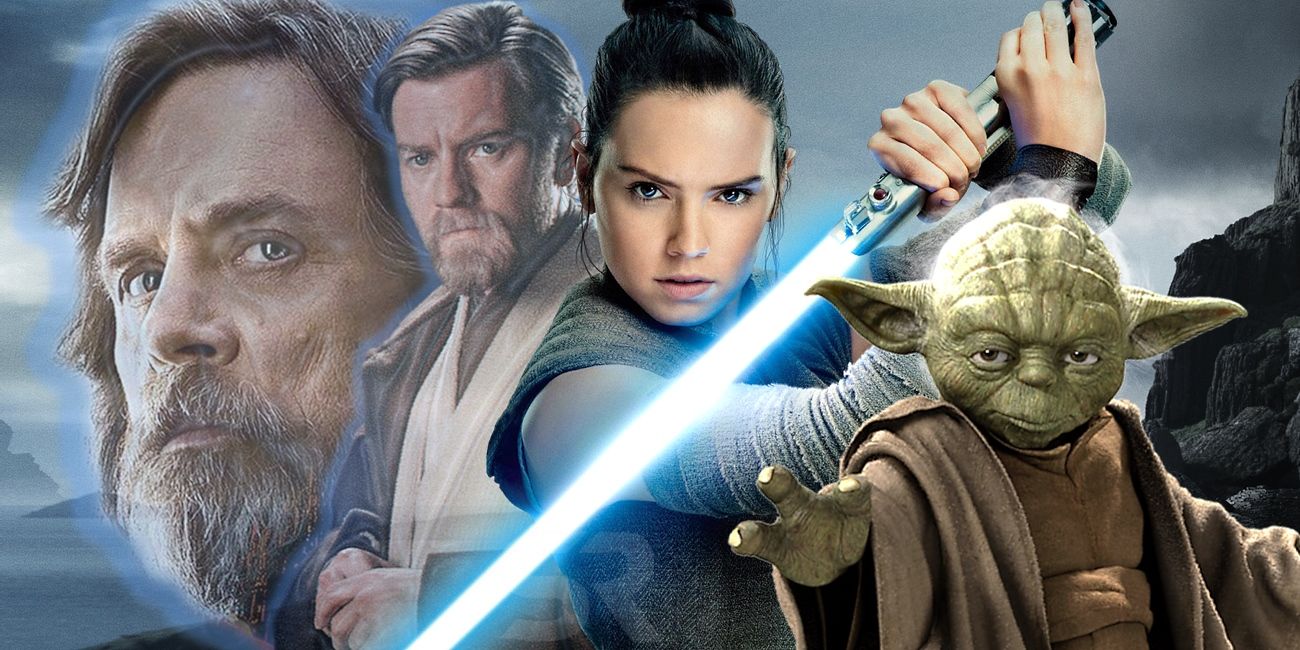
Before assessing the state of the nation, there's a strong narrative and pure franchise argument for a break after Star Wars 9. There's always been a major question mark hanging over the sequel trilogy's conclusion of whether it will be a definitive end or leave room for an Episode X, and the start of production seems to have answered that; it's been described as "the final installment of the Skywalker Saga". Of course, there's no real finality to that promise.
While Star Wars continued beyond them, Return of the Jedi and Revenge of the Sith both released as the "last Star Wars movie". Lucas seemed done with the whole endeavor in 1983, and, in 2005, there was nowhere else to go: Star Wars had become "The Tragedy of Darth Vader", and his story was told. In both cases there was the lingering sense there could be more - Lucas' PR savvy meant the media were aware of grander plans in the 1980s (a six, nine or twelve saga, depending on when you asked him), and a prospective Episode VII captured fan imaginations for decades - but it was only abstract. Going into Episodes VI and III, fans expected this to be their last new Star Wars.
Fool me once, shame on you. Fool me twice, shame on me. Fool me thrice, shame on Disney. Star Wars 9 can not possibly conjure up a similar feeling because everybody knows that Star Wars will soldier on, but that can be helped along by it actually rounding off the current set of movies. The end of an era is still an end of sorts. If there's another Star Wars Story in 2020, or a whole new franchise kicking off in 2021, then it cheapens everything. Star Wars: The Last Jedi succinctly established that the series is more than the Skywalker Saga, but as the originator, it deserves a proper sense of finality.
Read More: The Last Jedi's Final Scene Changes Star Wars Forever (And For The Better)
Now, this needn't mean that the many in-development movies should be just canceled. Rian Johnson's trilogy, David Benioff and D.B. Weiss' series, the various Star Wars Stories (Obi-Wan Kenobi hype will not go away) can all come... just later. There's no need to rush any of these movies (especially after both Rogue One and Solo were subjected to highly-publicized reshoots), and giving them breathing room from Episode IX actually benefits, reducing comparisons and making them anticipated on their own terms.
Disney Can Evolve Star Wars During The Gap
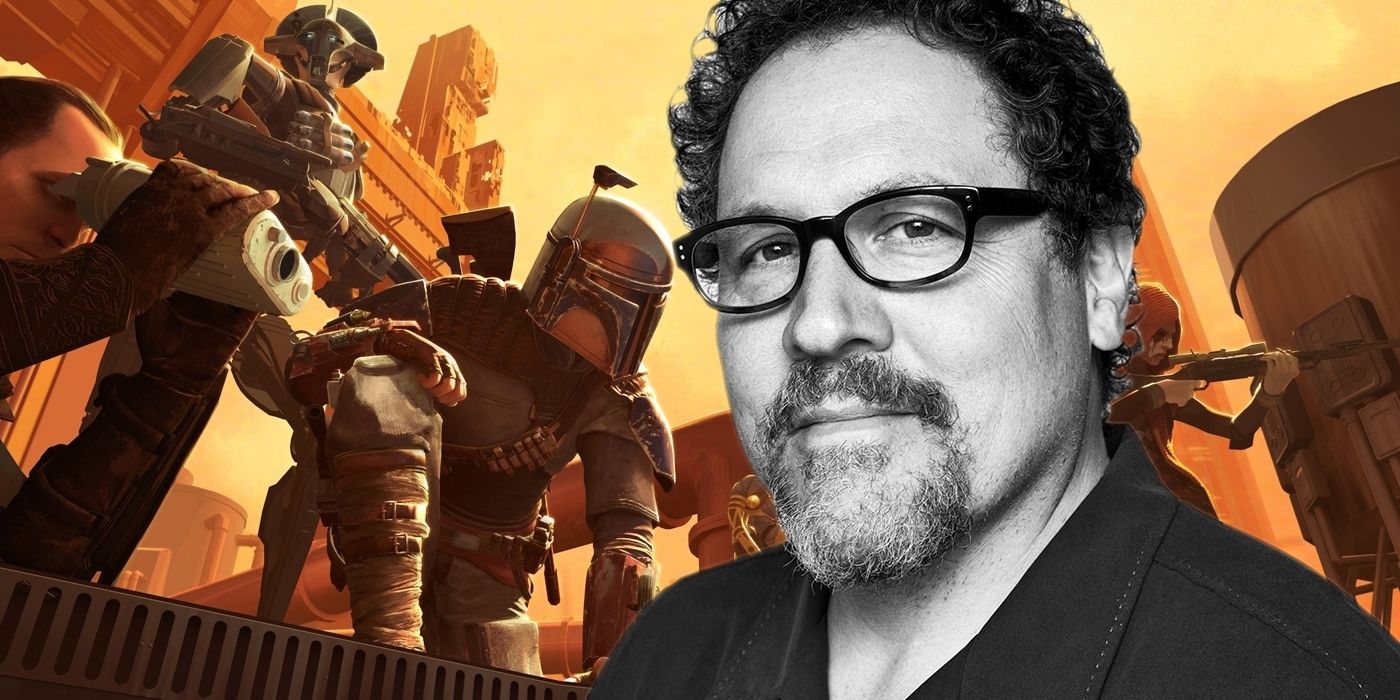
When we say Star Wars movies should end, though, that needn't mean the franchise goes away entirely. Disney will want to keep the cash nerf going, so that's an unfeasible suggestion anyway, but the post-Sith development shows that it's not going to work against what Star Wars 9 being an end means.
Right now, the future of Star Wars is multimedia. Disney's streaming platform will have both The Clone Wars season 7 and Jon Favreau's live-action TV series, Marvel comic and Del Rey books are connecting up and expanding eras, and while EA has bungled things with Star Wars: Battlefront and its sequel, decades of great games show interactive Star Wars can work. There are many avenues that can play to a variety of different audiences - Star Wars: Resistance will likely have little overlap with Favreau's show - but they all connect in a fabric that's as intricate as the beholder wants.
As the post-prequel "dark ages" show, non-movie Star Wars plays to a smaller section of fans than the blockbuster movies, so there's definitely a temptation to go big, but that way of thinking ignores the new media age we're moving into. Our pop culture is increasingly fragmented, with only certain monoliths (Star Wars, Marvel and a few others) breaking through. It may seem like they're somehow better, but there's worth in being able to disperse and navigate the new era, and removing focus on the movies will allow Lucasfilm to do that.
Page 2 of 2: Why A Star Wars Movie Hiatus Is Good For The Fandom
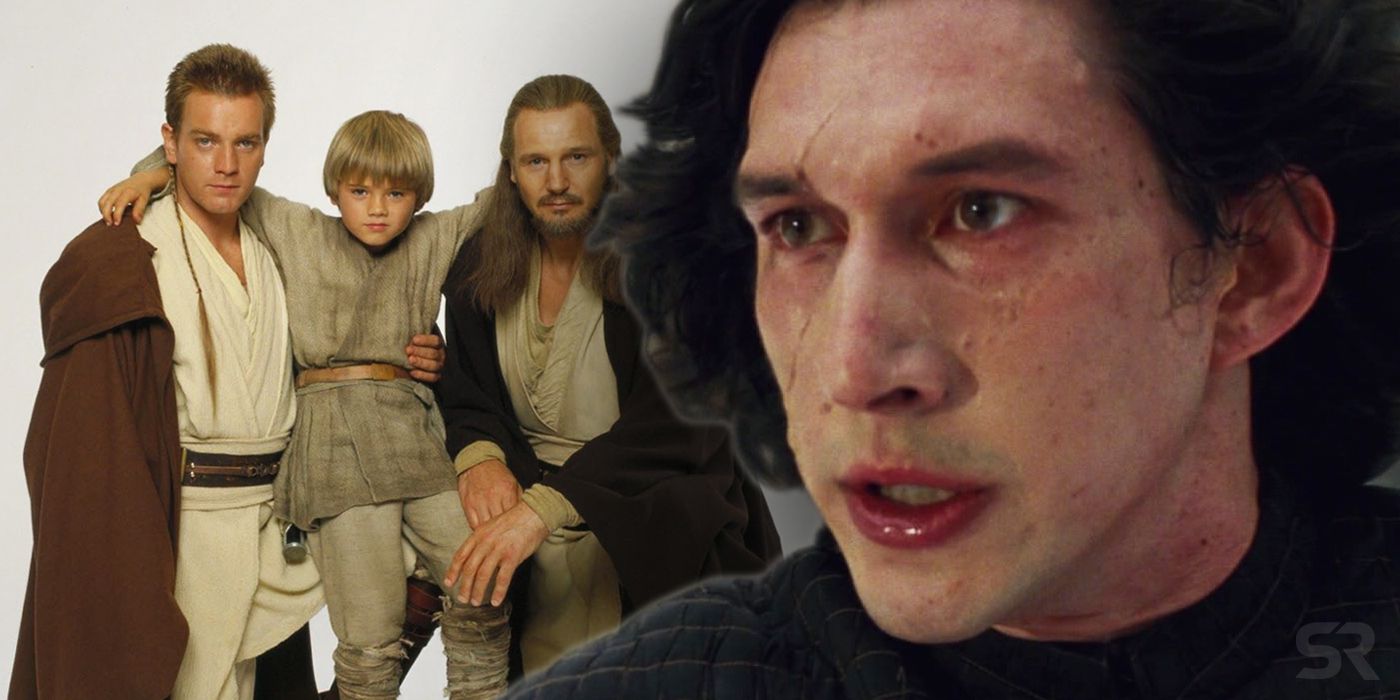
The Star Wars Fandom Can't Agree On Anything
In everything discussed so far, we've been dancing around the bantha in the room: Star Wars fandom is broken. Not divided, broken.
Related: Disney Didn't Retcon The Prequels - Why Would They Change The Last Jedi?
Much of this rests on Star Wars: The Last Jedi, whose bold narrative choices were instantly controversial, although to call it the nexus point is a bit unfair. Rian Johnson opened the floodgates, sure, but cracks run deeper. Star Wars Rebels is praised for its nuanced extension of classic spiritual themes and decried for being a more juvenile step down from The Clone Wars. Rogue One was either a gritty exploration of the hard-fought war only hinted at in the original trilogy or a planet-sized 'member berry weapon. And Star Wars: The Force Awakens was simultaneously a triumphant return and dire retread of A New Hope. From the very start, there's been constant and militant disagreement.
And that's because Star Wars fans fundamentally can't agree. The franchise is so hard to define, with three distinct eras providing multiple points of entry and an unclear mix of tropes within it, that when we say Star Wars we're talking about something so vast two fans can both love it yet have no interest overlap. Typically, this point is applied to the making - it's why the movies have proven so hard to produce, and how all four are unique in tone and aesthetic yet all feel like Star Wars - but it's also true of how people consume Star Wars. Everybody's looking for something different.
What makes this situation so complicated is that it's underscored by a staunch belief of being correct. Because everybody likes Star Wars because of some form of Star Wars, they're able to point to previous movies as an example for their current likes and dislikes. This means that not only do we get immediate divides, but the discussion quickly devolves into arguments: people are perhaps incapable of seeing the other side because they can justify their own point, and so attempt to explain the other in a manner that becomes an attack. It's a breakdown in discourse visible on all sides; love or hate The Last Jedi, "good" fans can be as nasty as those they dub "toxic", and vice versa.
It's all very reminiscent of the prequel trilogy backlash, but here instead of the anger being mostly directed at the movies and its creator (something that was horrible in its own right), it's internalized. And, frankly, it's exhausting. Despite eight months having elapsed since Star Wars: The Last Jedi's release, we're still only in the first wave of responses, and with the release of increasingly pithy stabs from either side it's not showing any signs of abating. Where does this path end other than everybody hating Star Wars?
Related: Disney Star Wars Continues The Prequels More Than The Originals
Most of the problems here center on the movies, and so removing that divisive element will go some way to normalizing the fanbase. An Obi-Wan standalone will cause debate. A D&D series will. Rian Johnson's trilogy will break the internet. If Star Wars 9 can deliver a satisfying conclusion to its story, it can double as an effective, unifying pause to this entire sorry entry in geek culture discussion.
People Love Star Wars Most When It's Not There
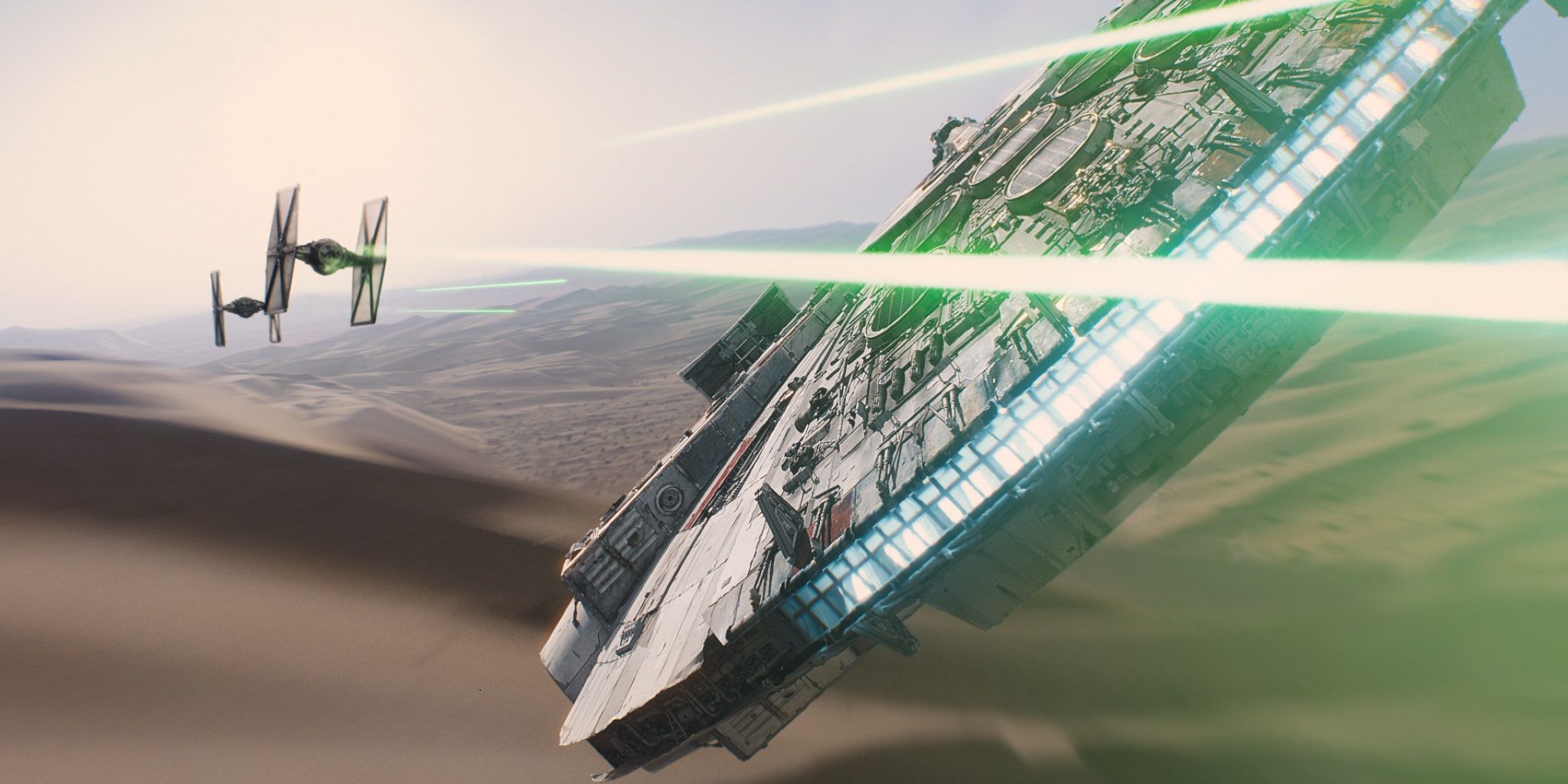
The one time that Star Wars fans seemed to agree, and when being in the middle of the franchise wasn't an exhausting thought, was in the lead up to Star Wars: The Force Awakens' release. October to December 2015 was Star Wars' true peak, when everybody was anticipating with wide-eyed hope, not consuming with up-turned scowls. The marketing was on point and the return an immense promise, but could this anticipation be a key to Star Wars: it's exciting when it's not there and is a purely emotional experience; when it's there in a tangible form, people will invariably nitpick and destroy.
It may not be a grand solution, but taking a break and allowing people to rediscover what it is they love about Star Wars - perhaps with the help of some varied, non-cinematic stories - is what Lucasfilm needs more than other, new films. It doesn't have to be forever, nor would anybody expect it to be, but letting the Force sleep for a while is the only way to truly balance it.
Next: Star Wars 9: Everything You Need To Know
from ScreenRant - Feed https://ift.tt/2Ntx2pK
via IFTTT
from https://ift.tt/2N0lNs4
via IFTTT
No comments:
Post a Comment